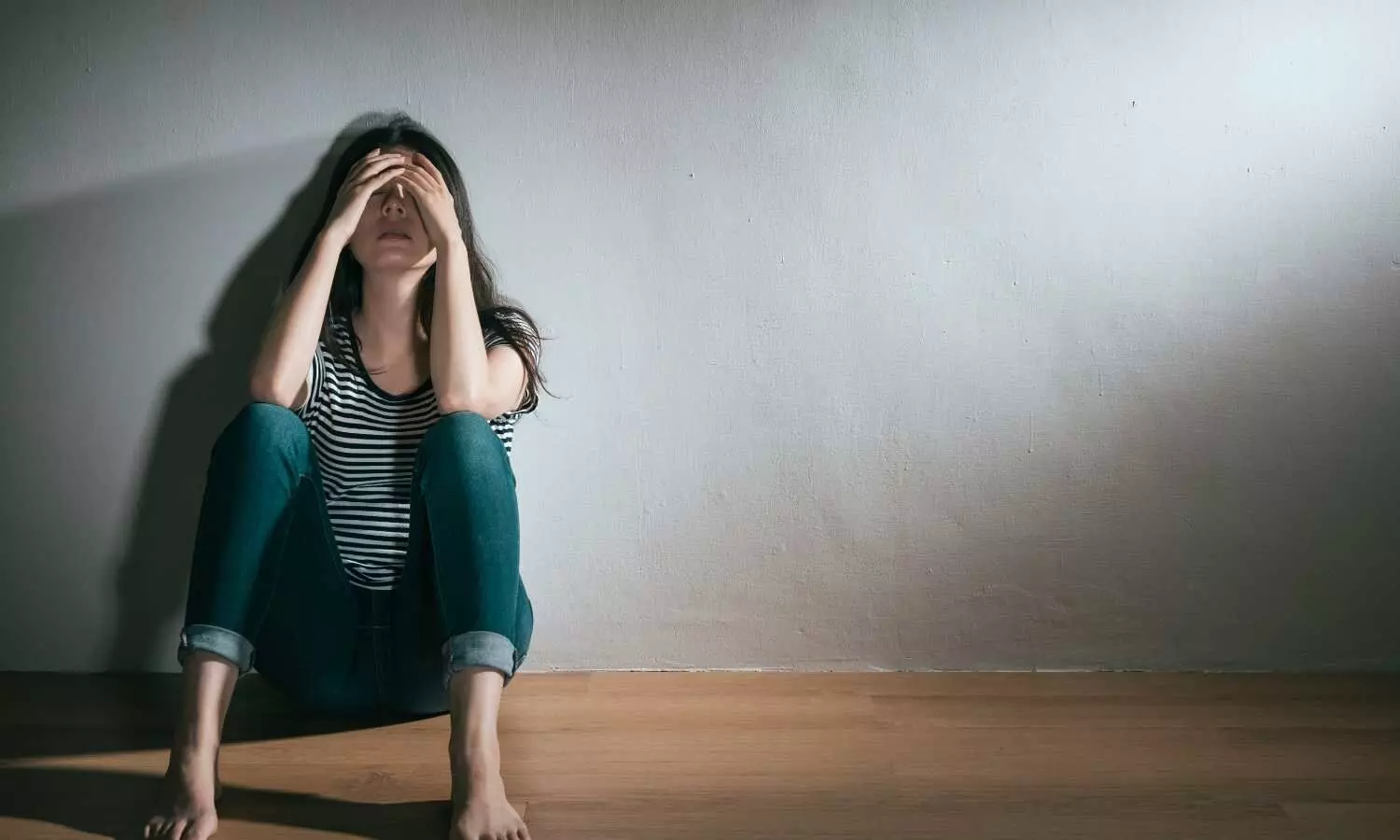Morning Bright Light Therapy Not Superior to placebo red light for treatment of Depression among adolescents: JAMA

Major depressive disorder (MDD) is prevalent among adolescents and often leads to significant psychosocial impairment. With conventional treatment yielding insufficient responses, adjunctive therapies are sought. A recent study investigated the effectiveness of morning bright light therapy as an adjunct to inpatient treatment for adolescents with major depressive disorder (MDD). Despite expectations, the study found no superiority of bright light therapy over placebo red light therapy in reducing depressive symptoms.
This study aimed to investigate the efficacy of morning bright light therapy as an adjunct to inpatient treatment for adolescent MDD. The study was published in the journal JAMA Psychiatry by Tanja L. and colleagues. In a double-blind, placebo-controlled randomized trial conducted across four university hospitals in Germany, 227 adolescent inpatients aged 12 to 18 with major depressive disorder were randomized to receive either morning bright light therapy or placebo red light therapy in addition to standard inpatient treatment over four weeks.
The key findings of the study were:
-
224 patients were included in the intention-to-treat analysis, with a mean baseline Beck Depression Inventory-II (BDI-II) score of 37.3.
-
After four weeks, BDI-II scores were significantly reduced by a mean of -7.5 (95% CI, -9.0 to -6.0; Hedges g = 0.71), with no significant difference between the bright light therapy and placebo groups.
-
Loss to follow-up was 31% at 16 weeks and 49% at 28 weeks, with 10 serious adverse events reported but not related to study treatment.
Contrary to expectations, morning bright light therapy did not show superiority over placebo red light therapy as an adjunct to standard inpatient treatment for adolescent major depressive disorder. Both groups experienced significant symptom reduction, highlighting the effectiveness of standard treatment modalities.
Reference:
